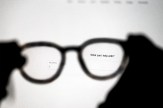Alum’s business captures memories—in 3-D
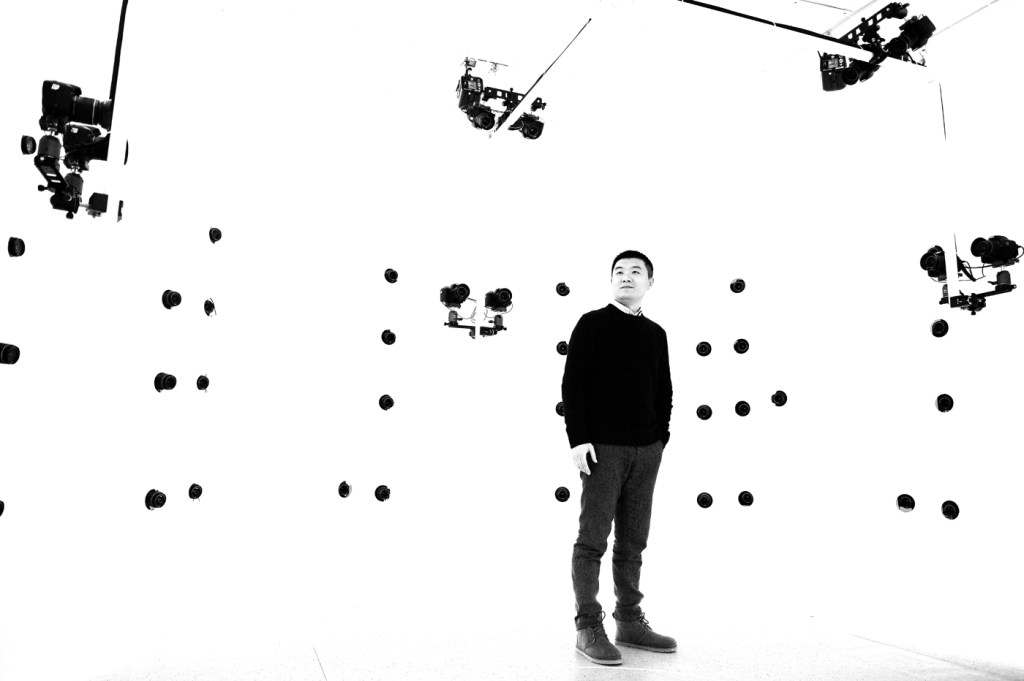
Yifei Zhang dreams that people will one day look at treasured photographs in 2-D and shake their heads at the quaintness of the technology. That’s because his business is all about exploiting that one extra dimension.
He’s the founder of 3D Bean, a startup that makes stunningly realistic 3-D-printed photo figurines composed of sandstone. Each highly detailed color figurine is based on instant full-body, high-resolution 3-D photography.
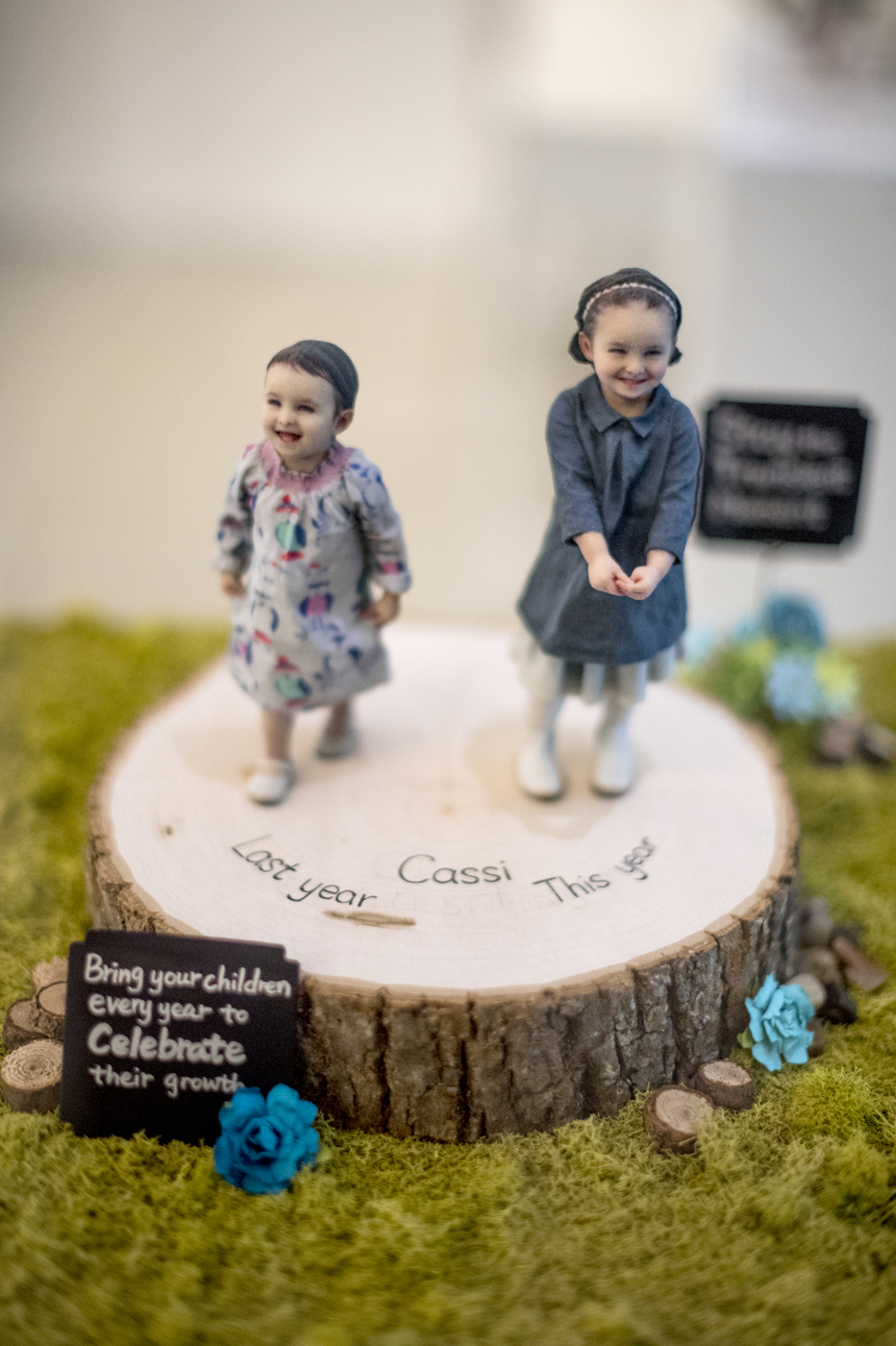
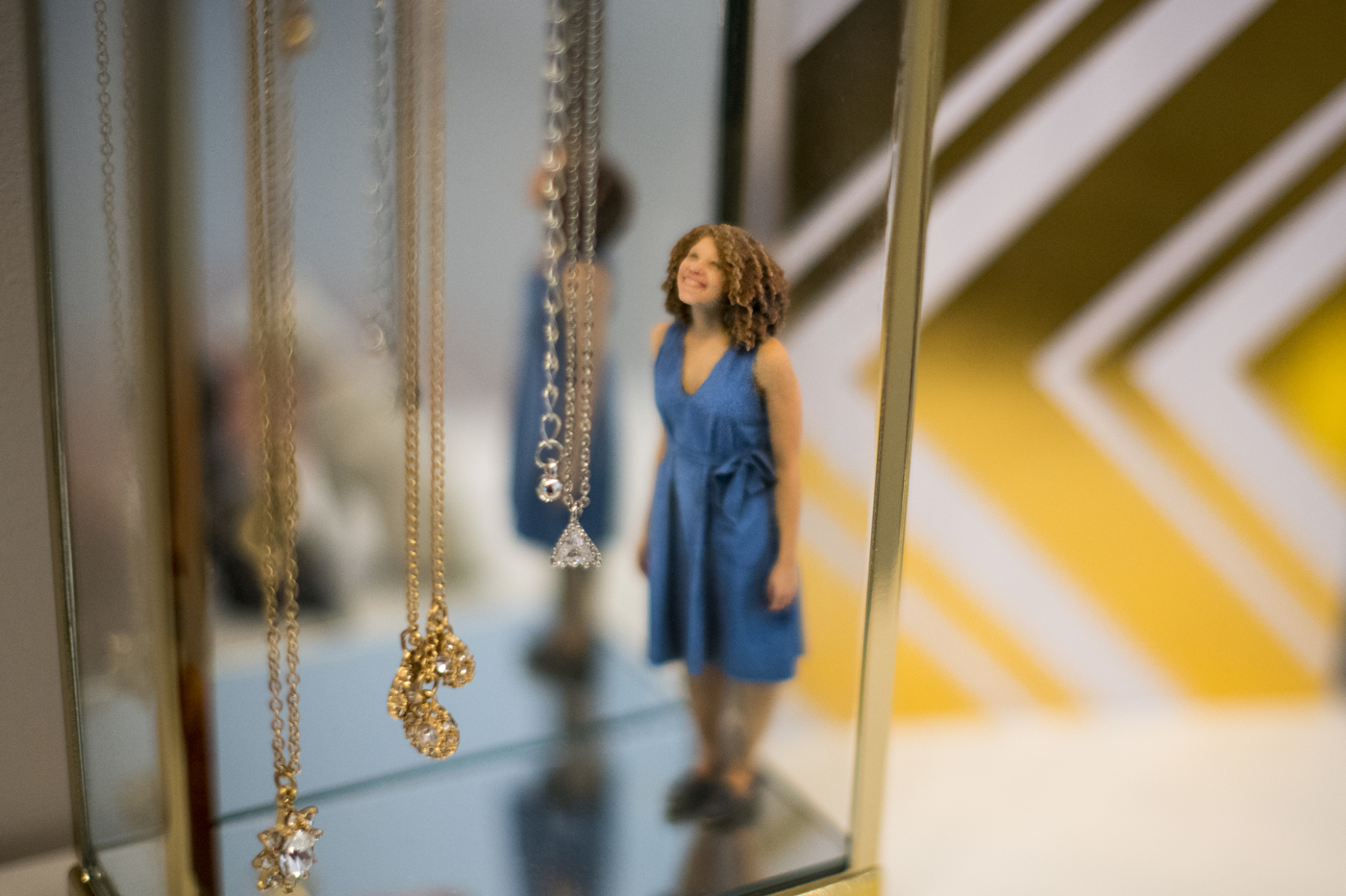
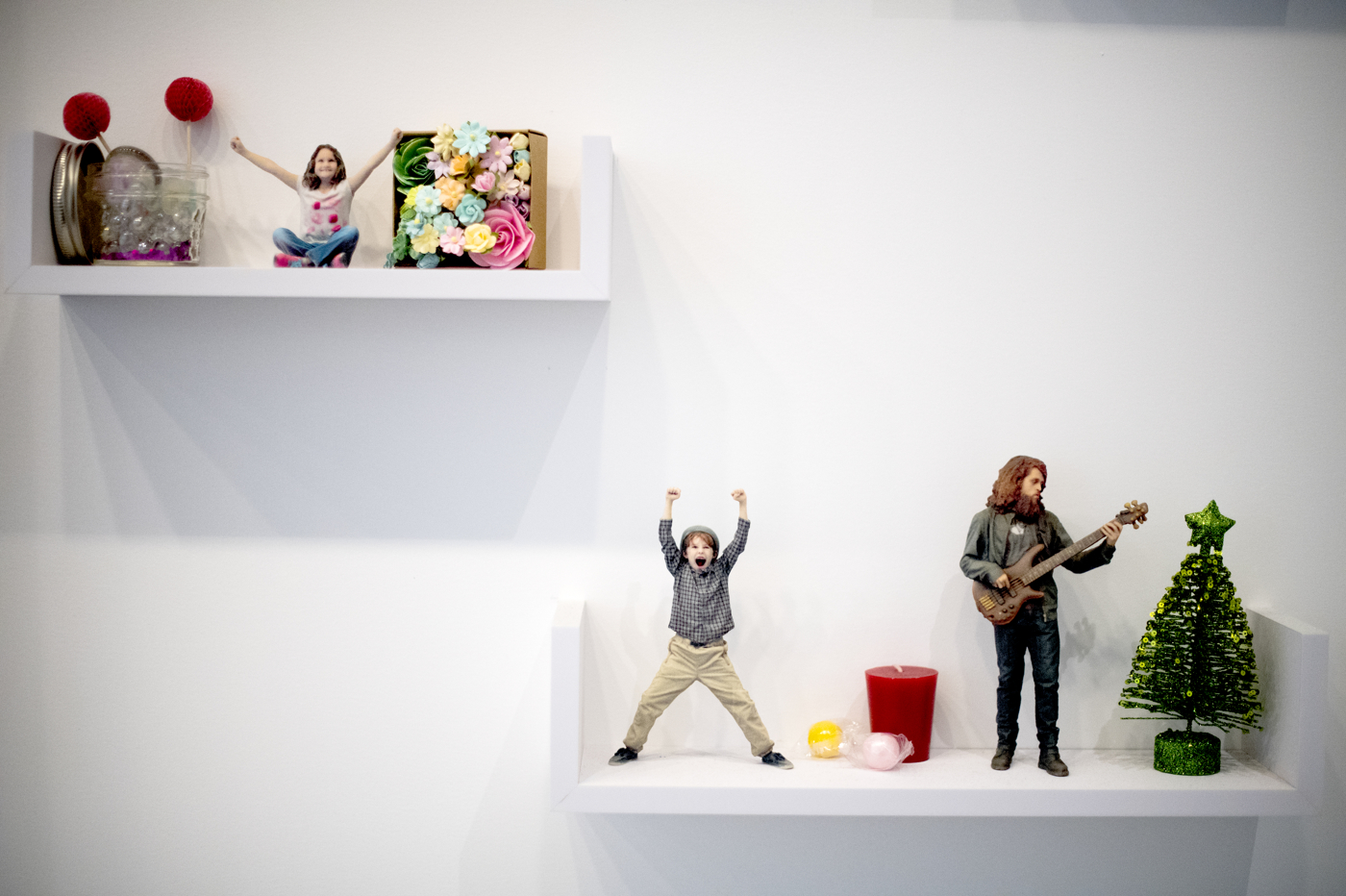
With his company, Zhang, who graduated from Northeastern with a master’s degree in 2012, has married two of his passions: engineering and photography. He followed in the footsteps of his father, who inspired him to study mechanical engineering.
“He had a pretty significant impact on my life,” said Zhang. “Meanwhile, when I was studying engineering, I loved photography. I taught myself how to use an SLR camera at age 14.”
To start the process, clients book time at 3D Bean’s studio in downtown Boston, where they’re photographed using Zhang’s patented camera system. Embedded in the walls of the circular studio are a total of 94 cameras; some of the cameras are attached onto two height-adjustable ceiling mounts that focus on the face to get greater detail.
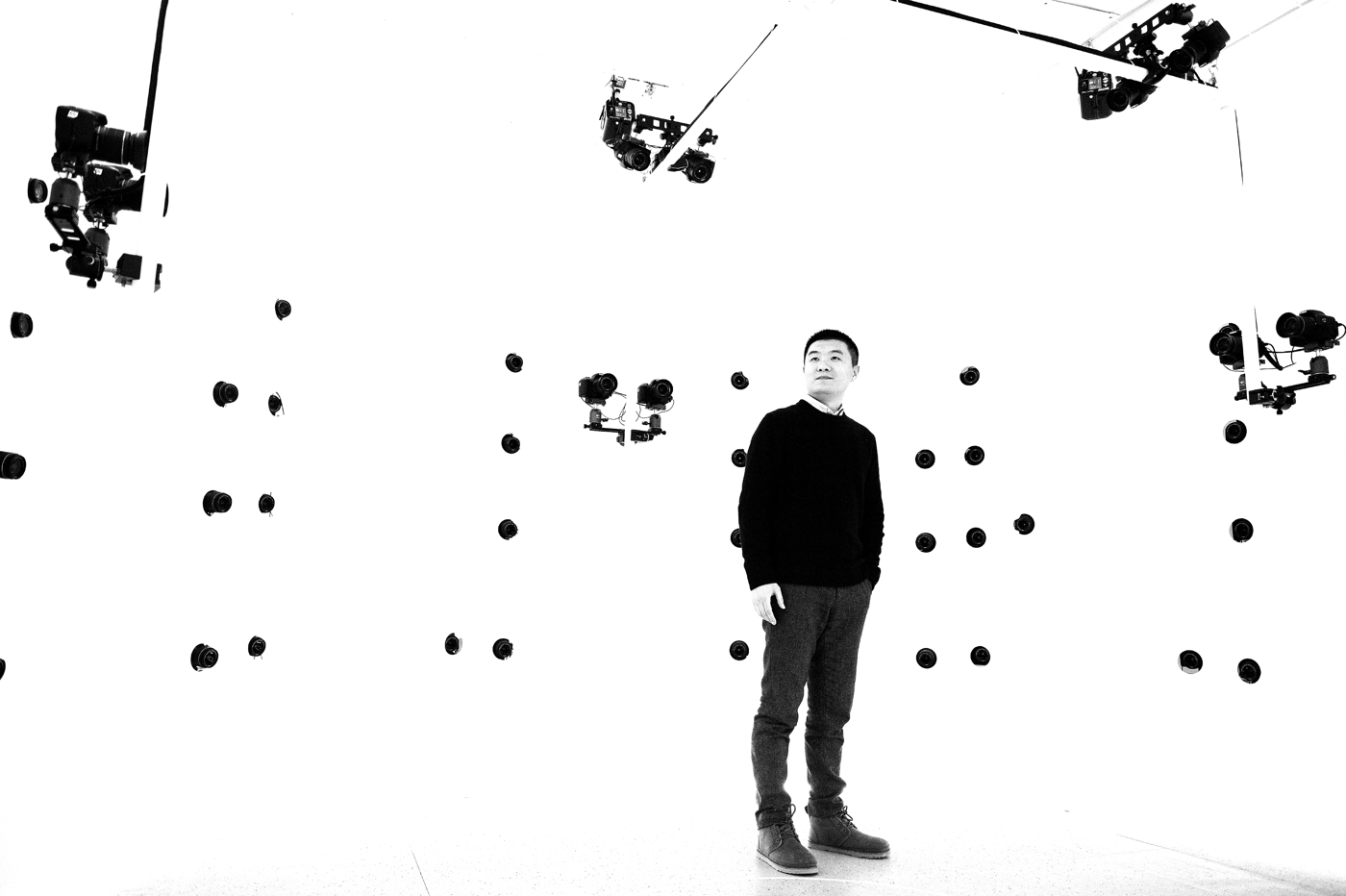
All 94 shutters snap in perfect synchronization via a custom-engineered printed-circuit-board controller. Immediately, clients can view the front and back image on a large display and decide whether they like what they see or want to try another pose.
Zhang says it takes about 15 minutes for the shoot; the finished product is ready in two to three weeks. Clients can choose from eight different scales, with prices starting at $129.
The one limitation is that you need to come to the studio to get a 3-D picture. Some low-quality models are possible with standard 2-D images, said Zhang. “But to achieve our standard of lifelike quality, the model has to be captured through our professional 3-D photography system,” he said.
“With our next generation, we hope to have a mobile system so that we can come to clients.”
Zhang believes that the proliferation of cellphone cameras has made the art of photography pedestrian—that it’s too easy to miss the moment while capturing images that will have no value later. “We want to bring people back to the true meaning of photography so that they can really hold on to the important memories,” he said.
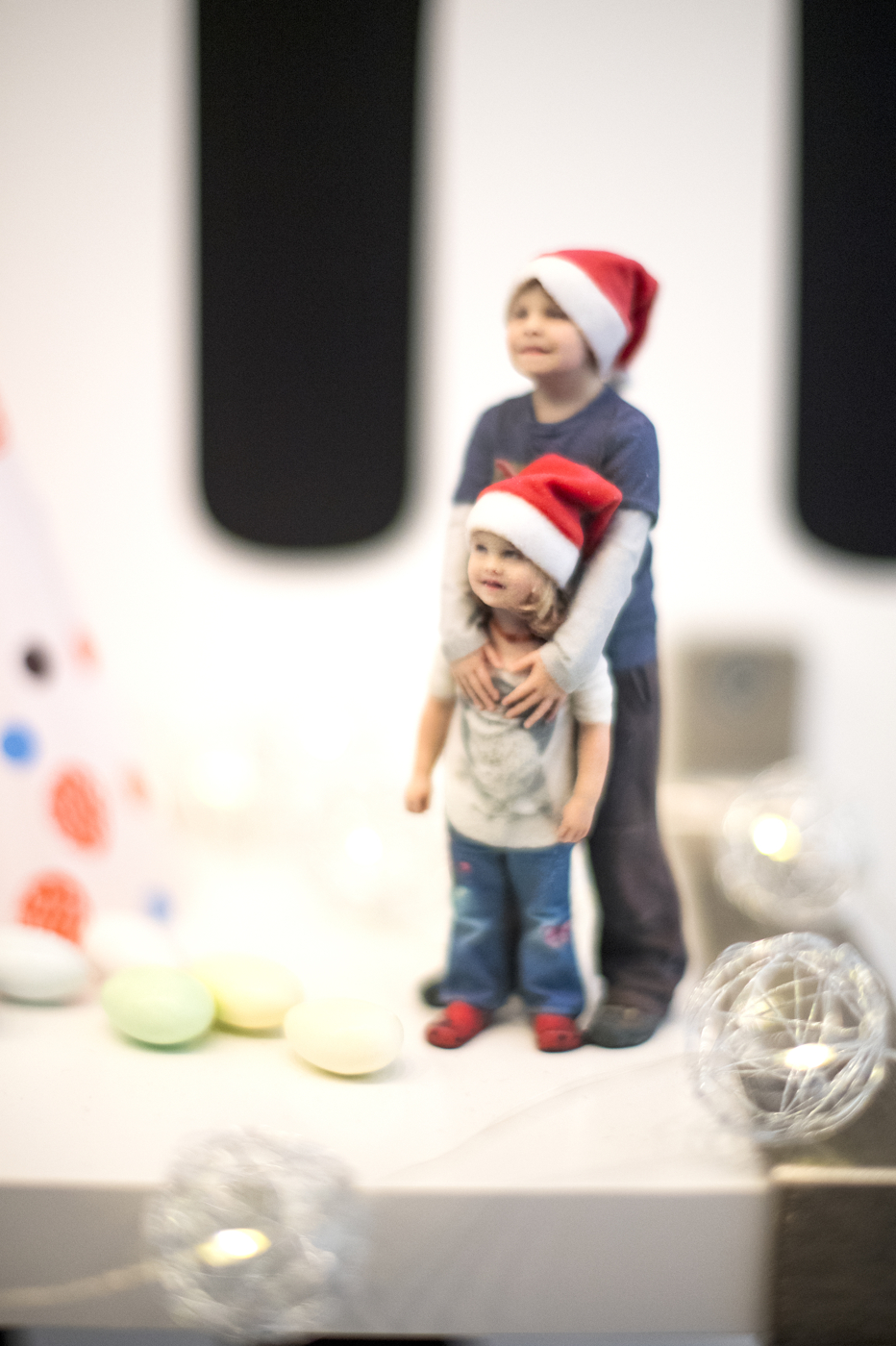
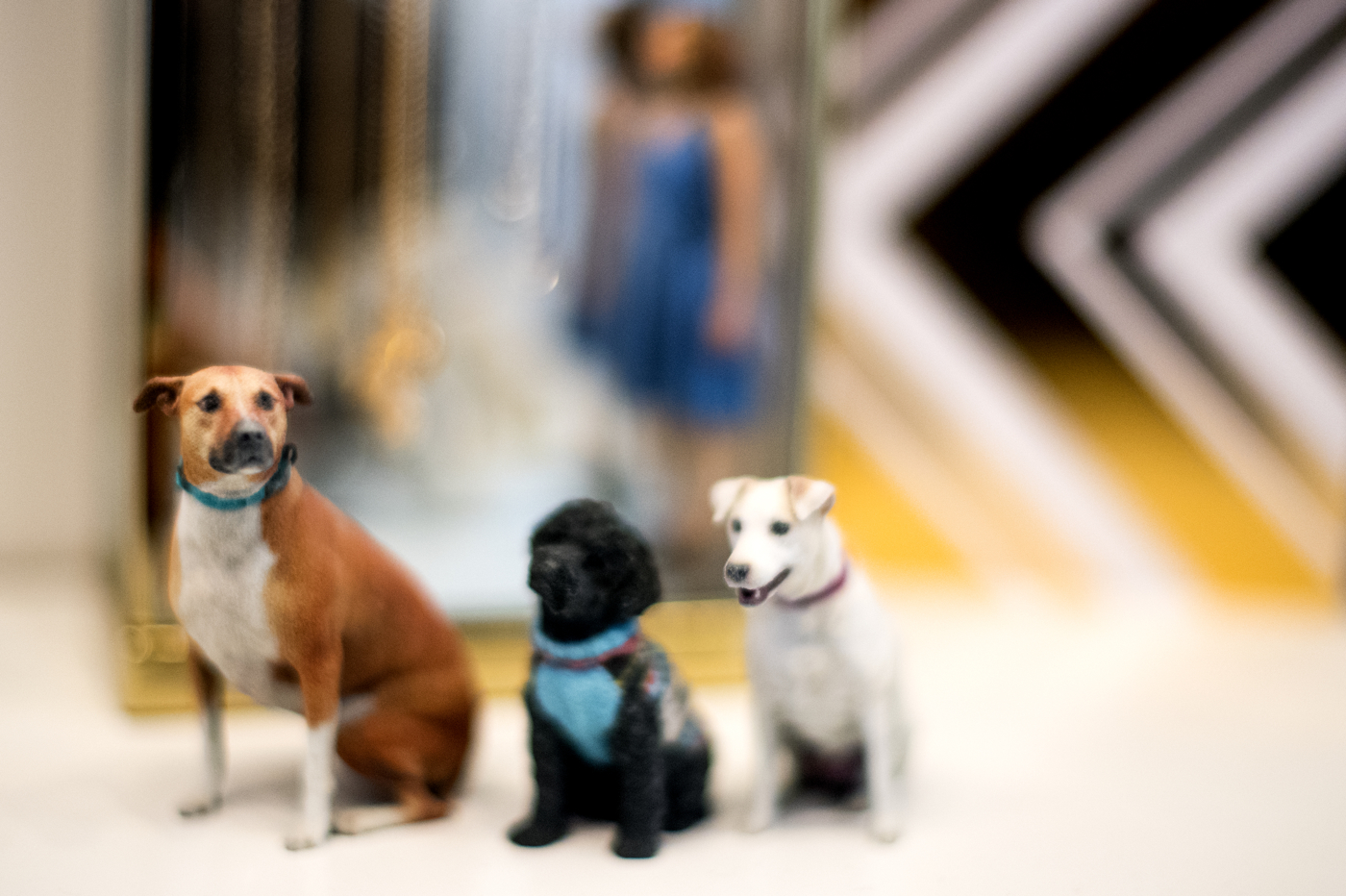
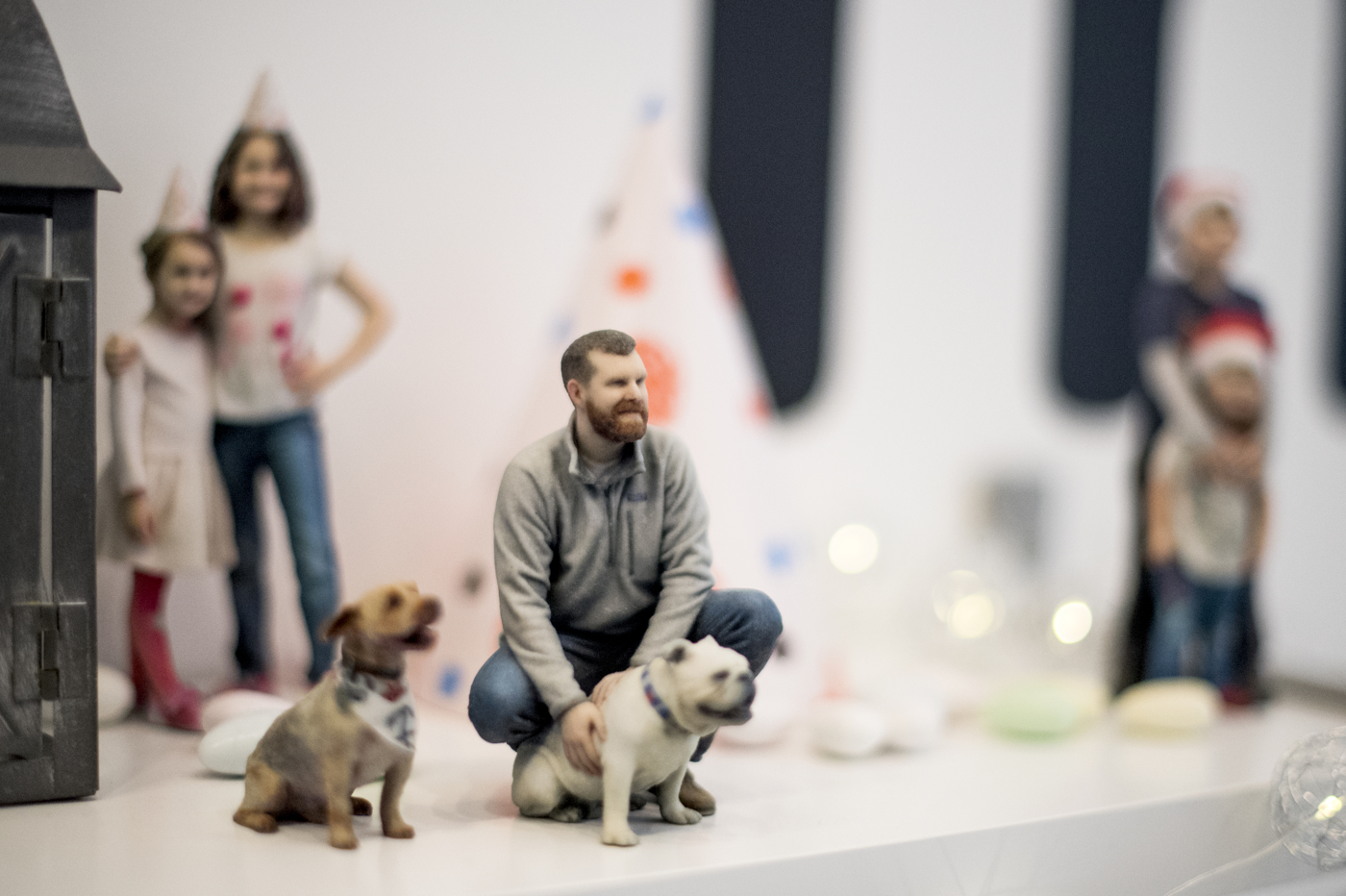
The company has produced wedding cake toppers, college graduation poses, family portraits, and even pet figurines. Instead of yearly photos to document their daughter’s growth, one mother and father have brought their daughter to 3D Bean for two years in a row and are coming back for a third.
As the owner of a business that makes heartwarming keepsakes, Zhang has seen and heard some emotional stories.
Often, clients opt for the element of surprise. One man came to the studio with his girlfriend to pose for a couples figurine. When Zhang started shooting, the man dropped to one knee, pulled out a ring, and proposed to his girlfriend. She said “yes,” but laughingly admonished her new fiancé that she would have liked a warning so she could have picked a better outfit.
Another client wanted to give a figurine as a surprise gift to his girlfriend. He led her into the studio blindfolded so she wouldn’t see the company’s scale figurines adorning the studio. Once inside the circular studio, he removed the scarf for the photo session and covered her eyes again when leaving.
“Once, I got a call from a woman in tears,” he said. Unbeknownst to her, her friends had “borrowed” her dog and had presented her with a full-color figurine of the beloved pet.
“It’s the little moments like that that keep us doing this project,” said Zhang. “We hope people will look back one day and say, ‘What was that 2-D?’”

